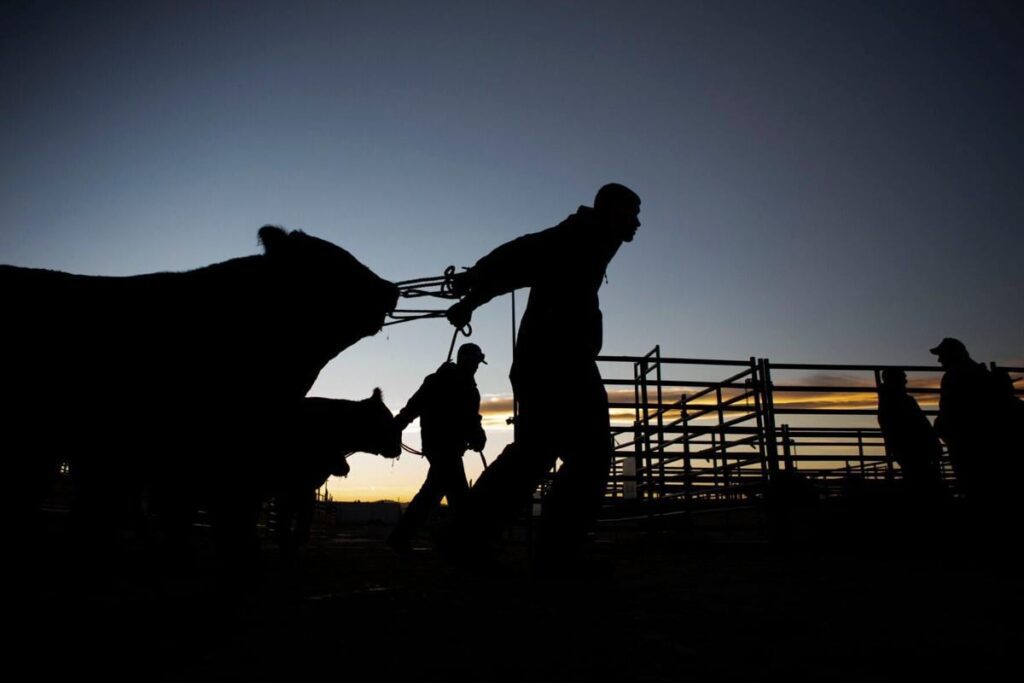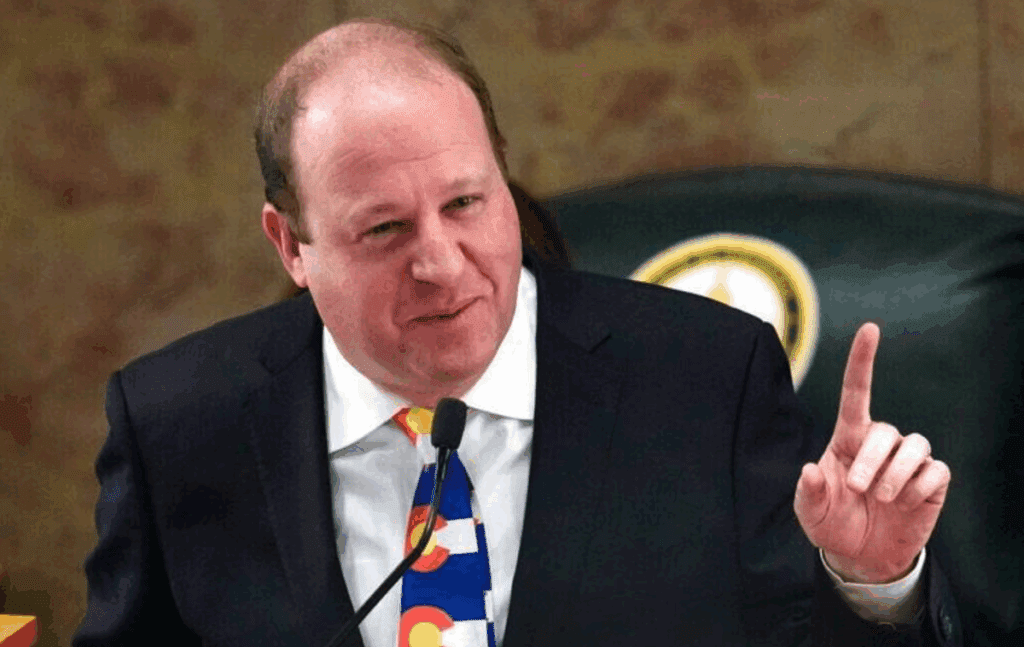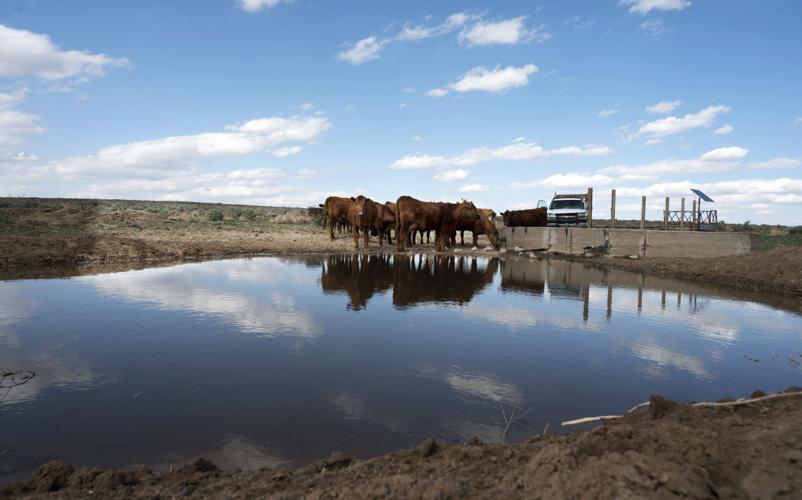Colorado House bill requiring investigation of all misconduct allegations in law enforcement barely passes committee
A bill that sponsors say will protect law enforcement officers who report misconduct by their peers barely passed through committee amid allegations from opponents that it was haphazardly put together without sufficient stakeholder input.
House Bill 1460 would require law enforcement agencies to investigate all reported allegations of officer misconduct. Failure to do so would constitute workplace discrimination, for which civil action may be initiated. The bill also classifies retaliation against a whistleblower as workplace discrimination. It prohibits law enforcement agencies from charging fees for the acquisition of bodycam footage, which they are required to provide under the 2020 omnibus House Bill 217, which was signed into law following George Floyd’s death.
Bill sponsor Rep. Leslie Herod, D-Denver, said she had been contacted by numerous law enforcement officers who said they had been retaliated against after reporting misconduct by their colleagues, including sexual assault.
“The one thing that stood out to me was when the officers said, ‘I have a duty to intervene and report when there is harm done to someone in our community, but who’s gonna report for me? Who has a duty to intervene for me when I face harm from my fellow officers?'” she said. “This bill will look to rectify some of those concerns.”
Herod acknowledged the criticism from law enforcement and other bill opponents who argued the stakeholder process had been insufficient and rushed. However, she said, her intent was never to make law enforcement feel unheard and emphasized that “the door is open” for further discussion on the bill.
“At the end of the day, this is not an anti-law enforcement bill; it is a law that is supporting our officers,” she said. “We want good officers to continue to do their good work in our communities. This bill will allow us to do so.”
Arapahoe County Sheriff Tyler Brown said he and other law enforcement officers have made concerted efforts to have a presence within the legislature, especially since the death of George Floyd. However, he said, despite participating in past discussions on multiple law enforcement-related bills, he said was never contacted to discuss this particular bill.
“Let me be clear: I support efforts to uphold accountability and ensure transparency within law enforcement,” he said. “We as law enforcement professionals have a duty to serve and protect our communities with integrity and honor. However, the process by which this bill was brought forth undermines the very principles of fairness and collaboration, which are crucial to enacting meaningful change.
If enacted, Brown said the bill would have significant ramifications. “Any legislation affecting law enforcement must undergo an essential review, incorporating all input from stakeholders to ensure its efficacy and fairness,” he said.
Brown said he was willing to discuss the bill and the issues it aims to tackle in the interim.
Rep. Jennifer Bacon, D-Denver, the bill’s co-sponsor agreed with Herod, saying they were bringing the bill forward now to ensure the officers who came forward and told their stories would not be punished further.
“I don’t think we would be unapologetic in stepping forward in trying to be sure that these stories could be heard so that someone could feel safer and more protected,” she said, adding that several amendments were made to the bill following its introduction after conversations with stakeholders.
Since its introduction, sponsors have agreed to make significant changes, including removing a provision that would have made it a misdemeanor if a fellow officer failed to report misconduct and categorizing retaliation against a whistleblower as workplace discrimination. Instead of being charged with a misdemeanor, sponsors explained that an officer could potentially face the revocation of their certification by the state’s Peace Officer Standards and Training board, a requirement for serving as a law enforcement officer in Colorado.
Fourth Judicial District Attorney Michael Allen criticized the bill’s language for being too vague. He said it lacked a clear framework on how law enforcement or legal professionals should define misconduct or unprofessional conduct.
He also said the amendments completely change the bill, “all while maintaining adherence to ill-defined terms and failing to set forth any standards of review.”
Allen raised concerns about the absence of provisions in the bill concerning due process for officers accused of misconduct. He highlighted sections of the bill that appeared contradictory or overlapped with existing statutes, suggesting that these inconsistencies reflected the sponsors’ lack of thorough stakeholder engagement.
“Stakeholders were completely left out of the process, meaning they were unable to weigh the impacts against any needs prior to the bill being introduced,” he said. “That is compounded with the reality that we are sitting here discussing a completely different bill based on extensive amendments that were just introduced within the last 12 hours without any real ability to digest the ramifications of the new language.”
Supporters of the bill argued that while the stakeholder engagement process may not have been as extensive as some would have liked, with only two weeks remaining in the legislative session, whistleblowers urgently require additional protections.
McKinzie Rees was an officer with the Edgewater Police Department when she was sexually assaulted by her colleague Nathan Geerdes in 2019. Despite reporting the assault to her superiors, Rees was forced to resign, while Geerdes found employment with another department. While Geerdes went unpunished until being sentenced to four years of probation earlier this month, Rees was placed on the registry created under HB20-217, essentially barring her from ever serving as a law enforcement officer again.
Rees said HB 1460 would have protected her from being retaliated against for reporting Geerdes and that it allows her to potentially have her name removed from the “bad officer” list.
“I ask that you see this bill as a resolution to provide an equitable workplace for every member of law enforcement, regardless of rank or structure,” she told committee members. “I ask that you see this bill as the beginning of the end of the thin blue line of silence bad officers rely on when hiding their indiscretions. If passed, this bill would not have only prevented what happened to me, but it would have held countless other people responsible for dereliction of duties.”
Dr. Lisa Calderon, an expert on policing and gender equity, said the current police culture is “toxic” and deters women from joining the profession and makes female officers leave.
“The sponsors of this bill are responding to a crisis, and it’s a crisis that isn’t new,” she said. “It’s a crisis of sexual harassment and gender discrimination against women who dare to speak out against either their colleagues or police officers who have been sexually harassing them. We are here because whistleblowers are not being heard; women are being traumatized every day across departments in this state, and I urge you to do something about it.”
The bill advanced through the House Judiciary Committee with a narrow 6-5 vote. All three Republicans on the committee, including Rep. Ryan Armagost, R-Berthoud, voted against the bill. Armagost, a former law enforcement officer, said that while he disliked the amended version of the bill, he was “willing to deal” with it as he believed it was an improvement over the original proposal.
Two Democrats, Rep. Judy Amabile, D-Boulder and Marc Snyder, D-Colorado Springs, also voted against the bill, saying they believed there were still too many kinks that needed to be ironed out.
“What bothers me about that is I’m not sure that we’re gonna fix the problem for all the people who came here tonight,” Amabile said. “I’m not sure that whatever we’re going to do is gonna make things better, and I have concerns about that.”
When reached for comment the day after the committee hearing, Herod said conversations with stakeholders are “ongoing.” The bill will now go before the House Committee of the Whole.







